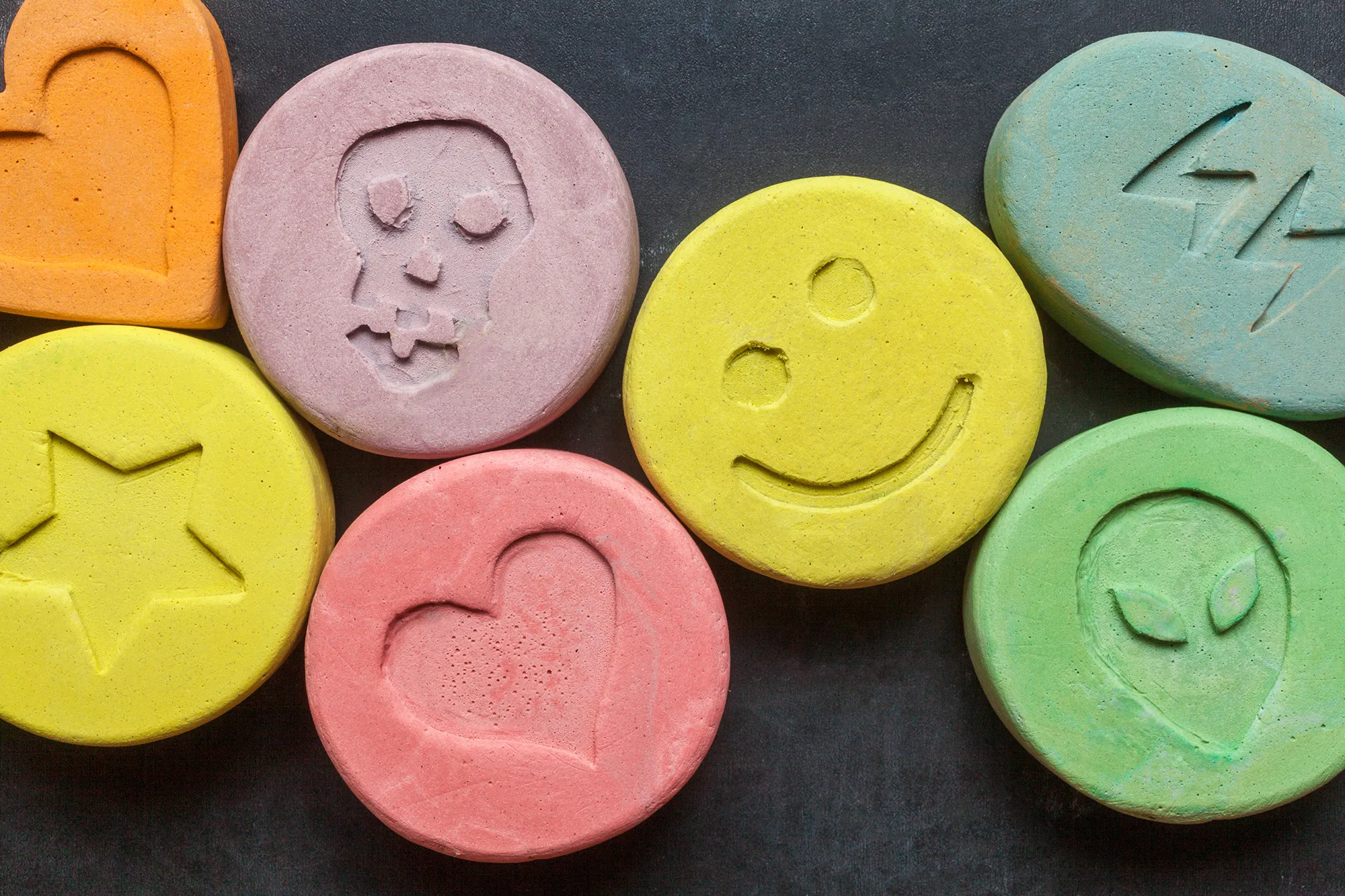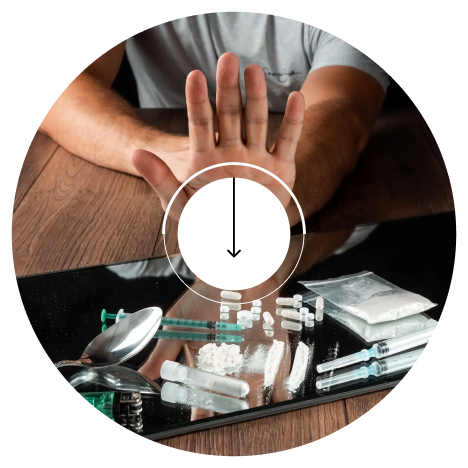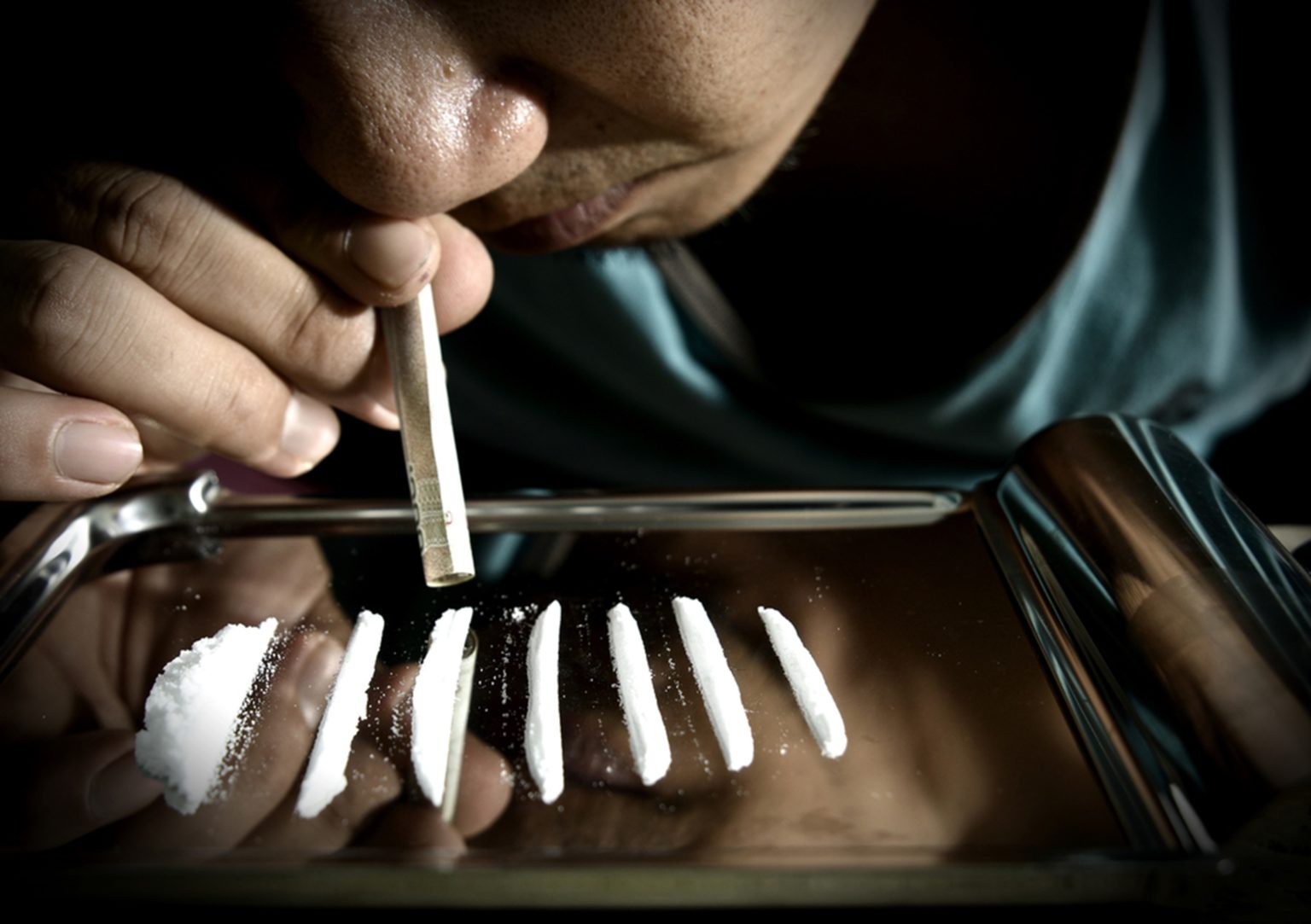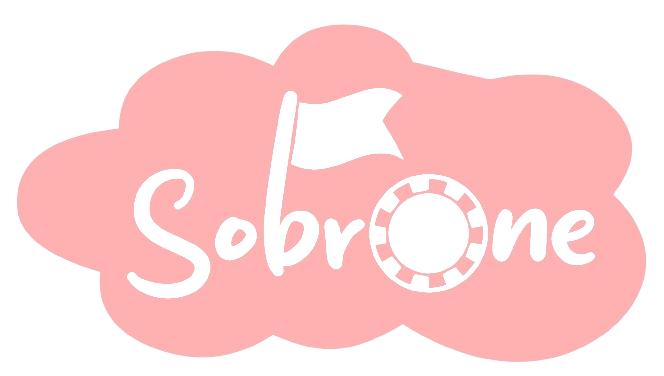Mastering Your Triggers: Strategies for Preventing Relapse





The journey to sobriety is filled with challenges, and one of the most significant obstacles is learning how to master your triggers to prevent relapse. Triggers are people, places, things, or emotions that can prompt the urge to use substances again. Understanding and managing these triggers is crucial for maintaining long-term recovery. In this blog, we’ll explore effective strategies to identify, manage, and master your triggers, helping you stay on the path to sobriety.
Understanding Triggers
Triggers can be broadly categorized into two types: external and internal.
External Triggers: These are cues in your environment that remind you of past substance use. They can include:
- People: Friends or acquaintances who still use substances.
- Places: Locations where you used to drink or use drugs.
- Things: Paraphernalia or items associated with substance use.
- Situations: Parties, bars, or events where substance use is common.
Internal Triggers: These are emotional or psychological states that increase the desire to use substances. They can include:
- Stress: Everyday stressors, such as work or family issues.
- Emotions: Feelings of loneliness, anger, sadness, or boredom.
- Thoughts: Reminiscing about past substance use or feeling nostalgic about the “good times.”
- Physical States: Fatigue, hunger, or physical pain.
Identifying Your Triggers
The first step in mastering your triggers is to identify them. This requires self-awareness and reflection on your past experiences with substance use. Here are some strategies to help you identify your triggers:
Keep a Journal: Write down instances when you feel the urge to use substances. Note the context, including who you were with, where you were, what you were doing, and how you were feeling at the time.
Reflect on Past Relapses: Think about previous relapses or close calls. What were the circumstances that led to those situations? Identifying patterns can help you pinpoint specific triggers.
Talk to a Therapist or Counselor: A mental health professional can help you explore your triggers and develop strategies to manage them. They can offer insights and techniques that you may not have considered on your own.
Strategies for Managing and Mastering Triggers
Once you’ve identified your triggers, the next step is to develop strategies to manage and master them. Here are several effective approaches:
- Avoidance: One of the most straightforward strategies is to avoid your triggers whenever possible. This might mean making changes to your social life, such as avoiding places or people associated with your past substance use. While avoidance can be a powerful tool, it’s not always practical for every situation.
- Create a Support Network: Surround yourself with supportive, sober individuals who understand your journey and can offer encouragement. Join support groups, such as Alcoholics Anonymous (AA) or Narcotics Anonymous (NA), where you can share experiences and gain insights from others who are also in recovery.
- Develop Healthy Coping Mechanisms: Find healthy ways to cope with stress and negative emotions. Exercise, meditation, and engaging in hobbies can provide positive outlets for your energy and help reduce the impact of internal triggers. Regular physical activity, in particular, has been shown to reduce cravings and improve mental health.
- Mindfulness and Meditation: Practicing mindfulness and meditation can help you stay present and aware of your thoughts and feelings without being overwhelmed by them. Mindfulness techniques can teach you to observe your cravings and triggers without reacting to them, giving you more control over your responses.
- Cognitive-Behavioral Therapy (CBT): CBT is an evidence-based therapy that can help you change the negative thought patterns and behaviors associated with substance use. A therapist can work with you to identify cognitive distortions and develop healthier ways of thinking and responding to triggers.
- Establish a Routine: Having a structured daily routine can provide stability and reduce opportunities for triggers to arise. Plan your day with healthy activities and set goals to keep yourself focused and motivated.
- Create an Emergency Plan: Despite your best efforts, you may occasionally encounter triggers. Having a plan in place can help you respond effectively. This plan might include calling a trusted friend, attending a support group meeting, or practicing a relaxation technique.
- Engage in Positive Activities: Stay busy with activities that promote well-being and personal growth. Pursue new hobbies, volunteer, or take up a creative project. Positive activities can provide a sense of accomplishment and distract you from triggers.
- Limit Exposure to Stress: Identify sources of stress in your life and find ways to minimize or manage them. This might involve setting boundaries with certain people, seeking help for financial or work-related issues, or practicing stress-reduction techniques.
- Stay Committed to Therapy: Regular therapy sessions can provide ongoing support and accountability. A therapist can help you navigate challenges, celebrate successes, and adjust your strategies as needed.
Conclusion
Mastering your triggers is a crucial aspect of preventing relapse and maintaining long-term sobriety. By identifying your triggers, developing effective coping strategies, and staying committed to your recovery, you can navigate the challenges of sober living with confidence and resilience. Remember, recovery is a journey that requires ongoing effort and support. At SobrOne, we are here to support you every step of the way, providing resources, encouragement, and a community dedicated to shattering the stigma of addiction. Together, we can achieve lasting wellness and a fulfilling, sober life.
